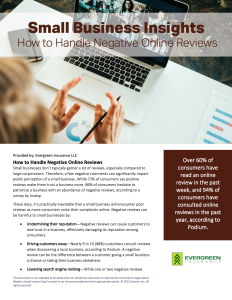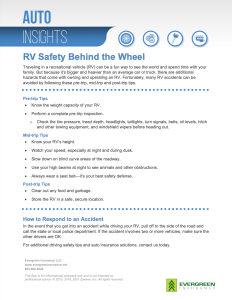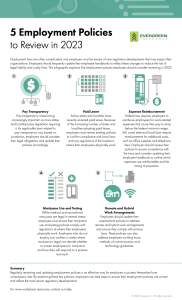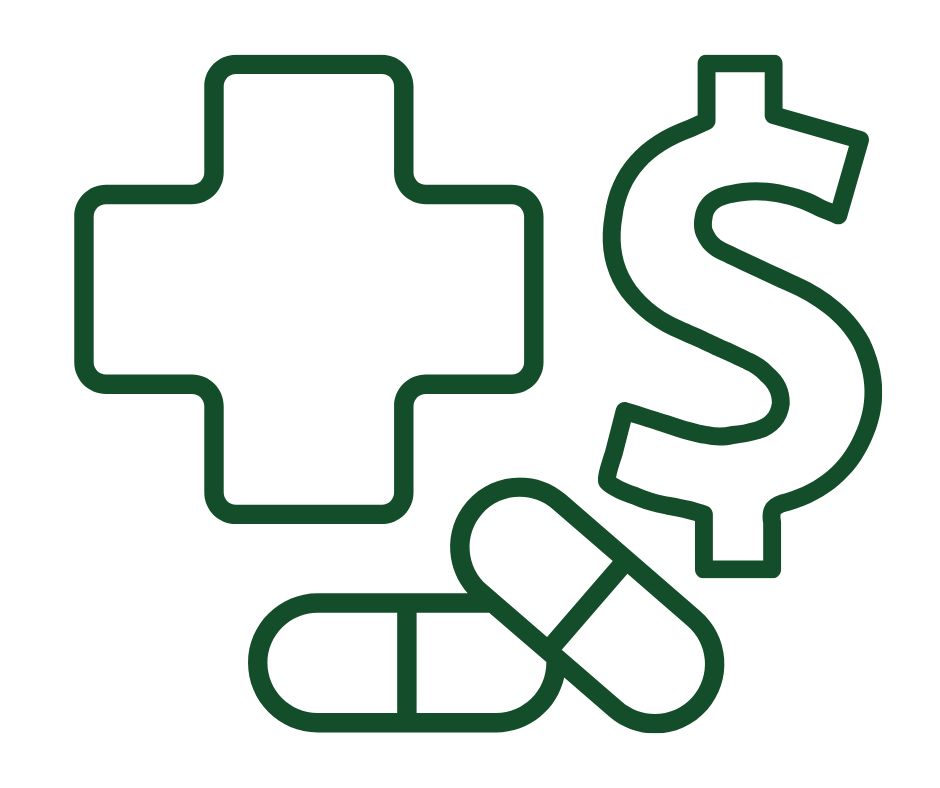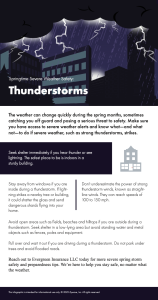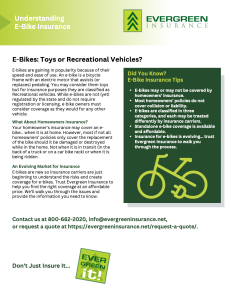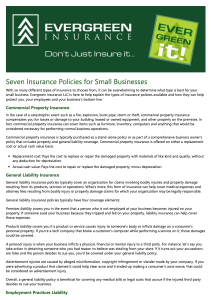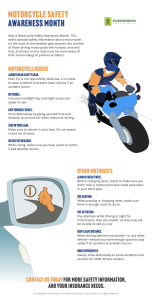
“Here today, gone tomorrow.” An old familiar phrase, but never a welcome one when it pertains to a business. But should the worst happen, an option to keep your business on its feet is readily available.
Business interruption insurance helps businesses protect against monetary losses due to periods of suspended operations when a covered event, such as a fire, occurs and causes physical property damage. The coverage allows businesses to pay fixed expenses, including costs incurred while operating at an offsite location, while the property is closed for repairs and restoration. Policies also reimburse owners for lost revenue that would have otherwise been earned if the business remained open.
Business interruption coverages are typically bundled within a businessowner’s policy (BOP), a commercial package that includes business property and liability coverages or a standalone Commercial Property policy. Most insurers offer this coverage feature for accounts that they are willing to insure.
According to the Federal Emergency Management Agency (FEMA), about 25% of businesses fail to reopen after a disaster strikes, making business interruption coverage even more critical for the long-term survival of an enterprise. While commercial property insurance pays for actual physical damages or losses, a business interruption policy covers lost net income due to the closure of the business while repairs are underway, as well as offering coverage for rent or lease payments, relocation costs, employee wages, taxes, and loan payments. Exclusions from coverage include losses unrelated to property damage, such as lost revenues due to viral outbreaks or pandemics.
Business interruption policies may contain a clause for civil authority coverage, as well, meaning that if a state, local, or federal government entity prohibits access to the business premises, thereby forcing the business to temporarily close, this clause in the business interruption insurance may cover lost income.
Should a calamity strike, you certainly want to be able to say about your business, “Here today, still here tomorrow.” Business interruption coverage holds the key. Contact the professionals at Evergreen Insurance to learn more and determine the right plan for your business.
https://content.naic.org/cipr-topics/business-interruptionbusinessowners-policies-bop
Copyright 2023 Evergreen Insurance
Evergreen Insurance provides these updates for information only, and does not provide legal advice. To make decisions regarding insurance matters, please consult directly with a licensed insurance professional or firm.

